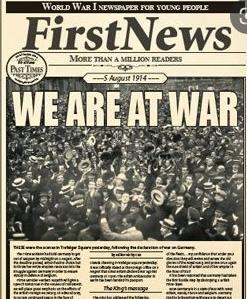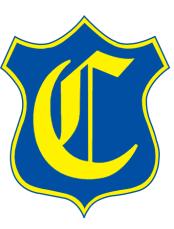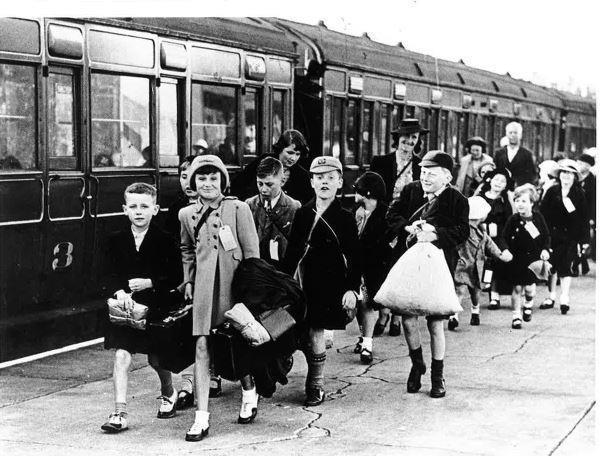Maths:
The four rules of number:
To solve multistep problems.
To understand the order of priority for operations in a calculation.
To solve calculations mentally and to use known facts to solve problems.
Fractions:
To find equivalence in fractions.
To order and compare fractions.
To add and subtract fractions, moving onto mixed numbers.
To multiply and divide fractions.
To find fractions of an amount.
Converting units:
To convert metric units.
To solve problems involving metric units.
To have an understanding of miles and kilometres.
To have an understanding of imperial measures.
RE: In RE we will be exploring the theme of grace. We will explore the importance of this in different religions and how we can show this quality in everyday life.
English: Our writing for the half term will link closely to our weekly history lessons. We will begin by writing a radio announcement reporting the start of WWII. We will create our own evacuee poetry, create descriptive writing about the Blitz, write biographies of Anne Frank and write a non-chronological report about women in war. In grammar and sentence work, we will recap how to use apostrophes for possession and contraction and the meaning of grammatical terms. We will also introduce the children to active and passive voice and continue to work on making our writing cohesive.


Year 6 Autumn 2:
‘World War II’
Science: In Science, we will be studying the topic of light. In this unit, the children will recognise that we need light in order to see things and that dark is the absence of light. They will learn that light can be reflected and refracted. Finally, the children will explore shadows: how they are formed, ways in which the size of a shadow can be changed and the visible spectrum.
Reading: The children will continue to work on their retrieval skills, their understanding of vocabulary and phrases, how to infer from the text and how to use evidence to support their ideas. They will read a wide range of texts and extracts across different themes including in celebration of World Earth Day and to mark Anti-Bullying Week.
DT – This half term our topic is ‘Navigating the World’. The children will create a sustainable product that incorporates a programmable microbit. The children will oversee the whole design process from creating a design brief to the final product pitch.
PSHE: Our topic for the half term is 'Keeping Safe and Healthy'. Our focus for the first part of the half term will be on 'Water Safety'. We will look at different warning signs and what they mean, create water safety posters and spot dangers. Our next topic is 'Alcohol and Drugs' where the children will explore facts around legality.
Computing: This half term's topic is Bletchley Park. The children will learn about codes and how they can be used to decode messages. This will then move on to looking at how we can ensure passwords are safe and how to achieve this. The topic will end by examining the importance of Bletchley Park to the War effort.
History: This half term we will be learning about World War Two. We will begin by learning how repercussions of World War One led to the start of World War Two. We will explore how the war impacted on people at home by examining evacuation, rationing and the Blitz. We will also learn about what life was like for Jewish people in Nazi Germany.
Year 6 Autumn 2: ‘World War II’
Spanish: La ropa / The clothes:
• Recognise and recall from memory 21 items of clothing in Spanish.
• Explore the regular ‘ar’ verb present tense conjugation of the verb LLEVAR to describe what you are wearing.
• Revisit the use of the possessive adjective ‘my’ in Spanish and describe clothes in terms of colour.


Music: Music and Technology
This half terms key element of music is tempo. We will move on to glockenspiels and talk about cover versions of songs. We will recap notes on the stave and the elements of music. We will begin to compose our own lyrics to a song and perform them. We will also listen to music from different genres.
PE: In PE we will continue to develop skills in gymnastics including changes in direction, level and speed resulting in more complex sequences. The children will also be furthering their athletic skills.
